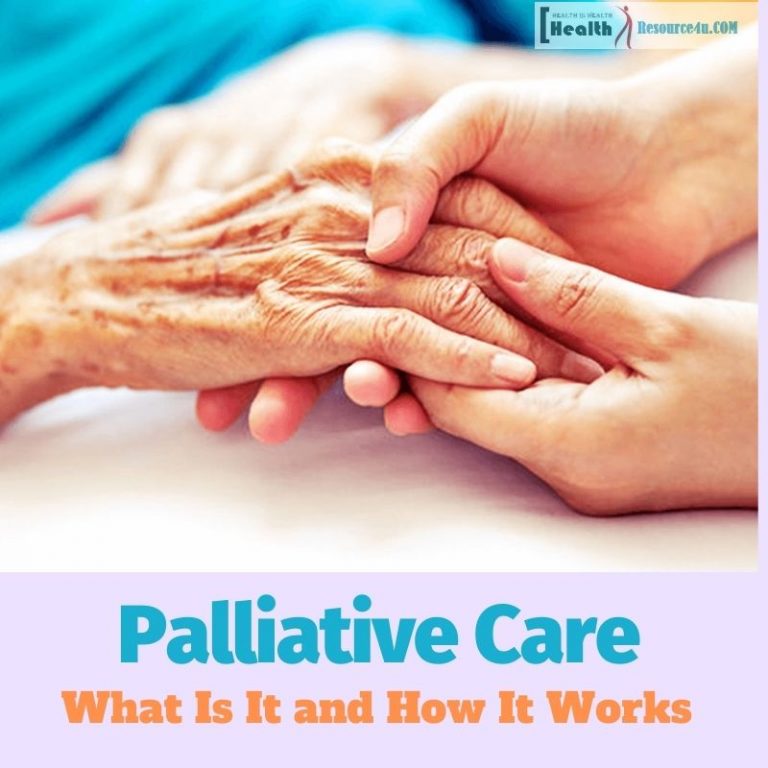Comforting Care at Life’s End: Palliative Care for Alzheimer’s Disease
Share IT

Launch Your Dream Website with Us!
Click Here to Get in touch with Us.
Categories
Palliative Care for Alzheimer’s Disease
Managing the Final Mile: Palliative Care and Dying Matters in Alzheimer’s Disease
Alzheimer’s disease is a progressive neurological disease that affects memory and cognitive function and eventually raises issues related to dying. Although there is no treatment for advanced Alzheimer’s disease, palliative care can greatly enhance the quality of life for those who have it as well as offer consolation and support to their loved ones going through this trying time.
Thank you for reading this post, don't forget to subscribe!Table of Contents

Palliative care: What is it?
Palliative Care for Alzheimer’s Disease
Palliative care is centred on symptom management and comfort measures to enhance the quality of life for patients facing life-threatening illnesses. When a cure is not attainable, as in the case of Alzheimer’s, it can be provided separately or in conjunction with curative treatment.
Alzheimer’s disease palliative care can assist with:
Palliative Care for Alzheimer’s Disease
- Pain management: is the process of controlling pain from ailments like bed sores or arthritis, which sometimes accompanies advanced Alzheimer’s disease.
- Symptom control: includes managing symptoms such as agitation, anxiety, dysphagia, and shortness of breath.
- Emotional Support: Offering guidance and assistance to the person suffering from Alzheimer’s disease as well as their family members.
- spiritual care: Meeting spiritual needs and issues is known as spiritual care.
Why is Alzheimer’s Disease Palliative Care Important?
Palliative Care for Alzheimer’s Disease
There are several advantages to palliative care for both Alzheimer’s patients and the people who care for them.
- Better Quality of Life: Palliative care can assist sustain comfort and well-being throughout the course of the disease by controlling pain and other symptoms.
- Decreased tension and Anxiety: Both the person receiving care and those providing care for them can experience a reduction in tension and anxiety.
- Open conversation: To ensure that care is in line with an individual’s preferences, palliative care professionals can help promote open conversation regarding end-of-life intentions.
- Palliative care: equips carers with the information, tools, and emotional support they need to effectively provide for their loved ones at home, resulting in empowered caregiving.
When to Think About Alzheimer’s Disease Palliative Care
Palliative Care for Alzheimer’s Disease
Palliative treatment is not just for people with advanced Alzheimer’s disease. The following are some signs that palliative care could be advantageous:
- Hospitalisations on a Regular Basis: Hospital admissions for symptom management on a regular basis indicate the need for a more thorough strategy.
- Difficulties with Everyday Tasks: Growing reliance on carers for everyday tasks is a sign that the disease is progressing and that supportive care is required.
- Difficulties with Pain Management: Unmanaged pain can seriously impair quality of life, emphasising the necessity for palliative care training.
- Emotional and Spiritual Distress: Palliative care services can be used to address newly discovered emotional or spiritual issues.
It is essential to confer with the patient’s medical team to ascertain when palliative care should be started.
Considerations for the End of Life in Alzheimer’s Disease
Palliative Care for Alzheimer’s Disease
As Alzheimer’s disease advances, end-of-life choices must be considered:
- Advance Directives: Having an advance directive guarantees that a person’s intentions are honoured for medical care in the case of incapacity. It is a legal instrument that outlines such wishes.
- Pain Management Plan: Ensuring comfort throughout the end-of-life stage can be achieved by discussing and recording pain management techniques with the medical team.
- Hospice Care: During the latter months of life, hospice care offers compassionate care with an emphasis on comfort and symptom control when a cure is no longer an option.
Sustaining the person’s emotional and spiritual well-being, as well as that of their loved ones, is essential during this delicate period.
Giving Solace and Assistance Towards the End of Life
Palliative Care for Alzheimer’s Disease
Even though dealing with Alzheimer’s disease at the end of life might be difficult, there are methods to offer consolation and assistance:
- Preserve Familiarity: To provide the person a sense of security and comfort, surround them with things they are acquainted with and people they love.
- Put Comfort Measures First: It’s critical to make sure that fundamental requirements are satisfied and that discomfort is managed.
- Maintain Communication: Nonverbal cues like touch and music can offer consolation and a sense of connection even at more advanced phases.
- Emotional assistance for Carers: Grief counselling and emotional assistance are necessary for carers going through this trying time.
Palliative Care for Alzheimer’s Disease
Recall that each person’s experience with Alzheimer’s disease is distinct. Case-by-case handling of palliative care and end-of-life issues is necessary to guarantee comfort, honour personal preferences, and provide support to the patient and their loved ones at this trying time.

Launch Your Dream Website with Us!
Click Here to Get in touch with Us.





























































Recent Comments